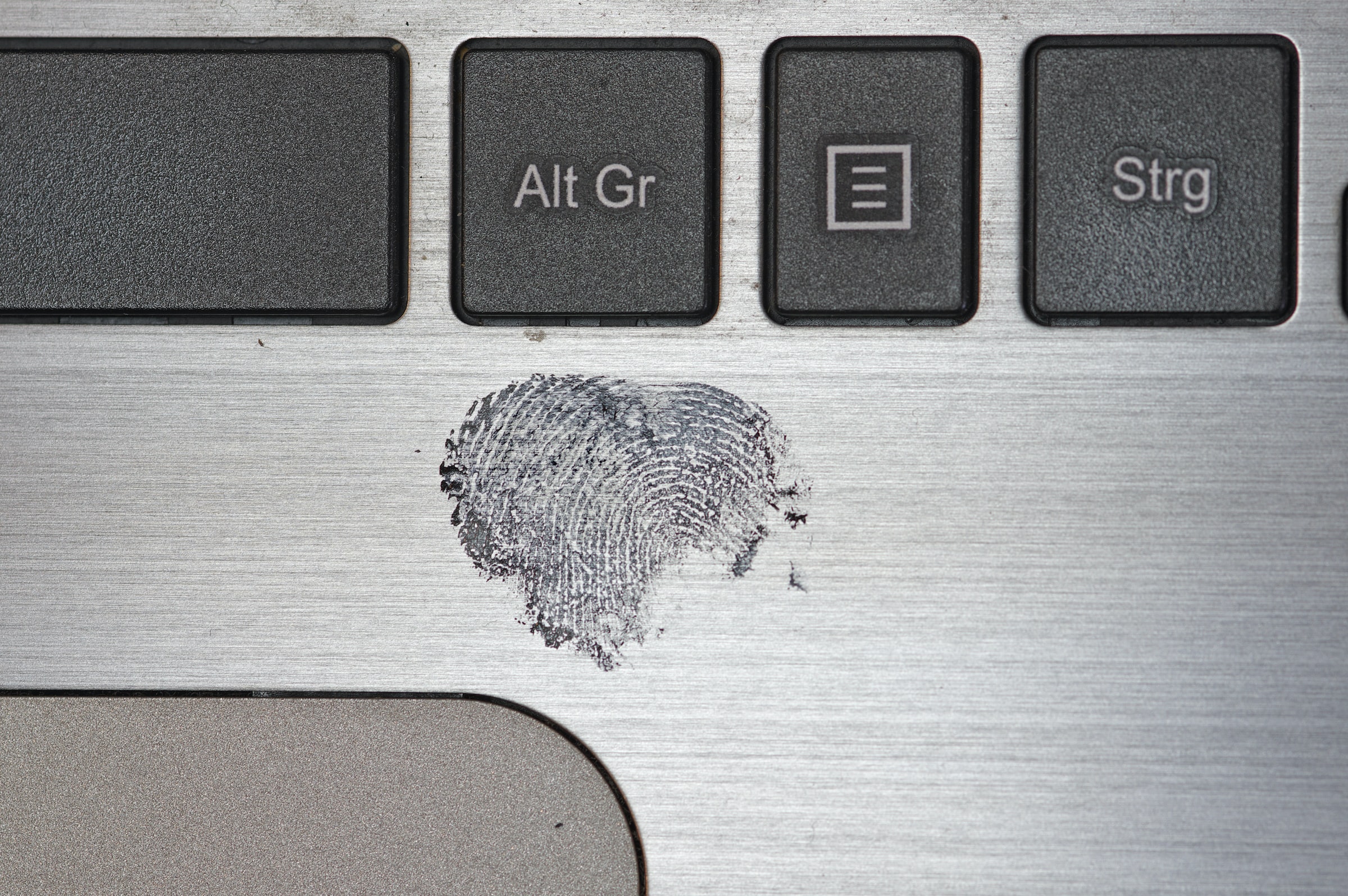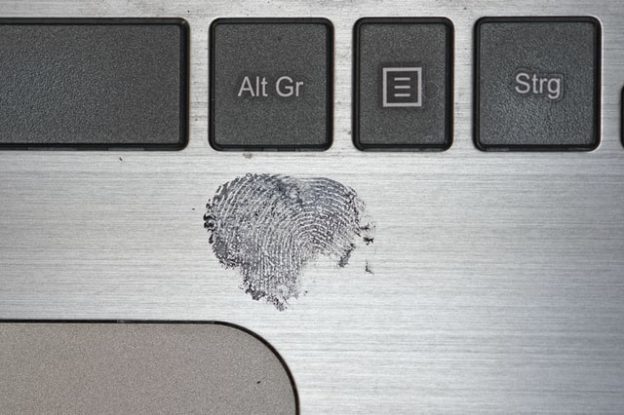Digital forensic science, or digital forensics, is the application of scientific tools and methods to identify, collect and analyse digital (data) artifacts in support of legal proceedings. From a technical perspective, it is the process of identifying and reconstructing the relevant sequence of events that has led to the currently observable state of a target IT system or (digital) artifacts. The importance of digital evidence has grown in lockstep with the fast societal adoption of information technology, which has resulted in the continuous accumulation of data at an exponential rate. Simultaneously, there has been rapid growth in network connectivity and the complexity of IT systems, leading to more complex behaviour that may need investigation.
The primary purpose of this Knowledge Area is to provide a technical overview of digital forensic techniques and capabilities, and to put them into a broader perspective with regard to other related areas in the cybersecurity domain. The discussion on legal aspects of digital forensics is limited only to general principles and best practices, as the specifics of the application of these principles tend to vary across jurisdictions. For example, the Knowledge Area discusses the availability of different types of evidence, but does not work through the legal processes that have to be followed to obtain them. The Law & Regulation CyBOK Knowledge Area [1] discusses specific concerns related to jurisdiction and the legal process to obtain, process, and present digital evidence.
Course Content
About Instructor



